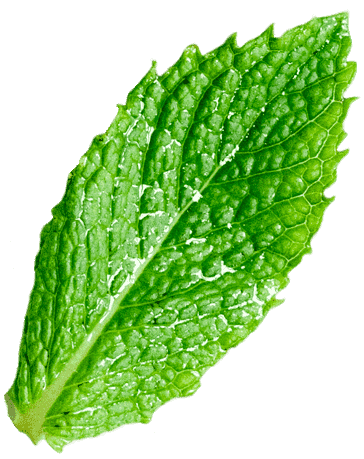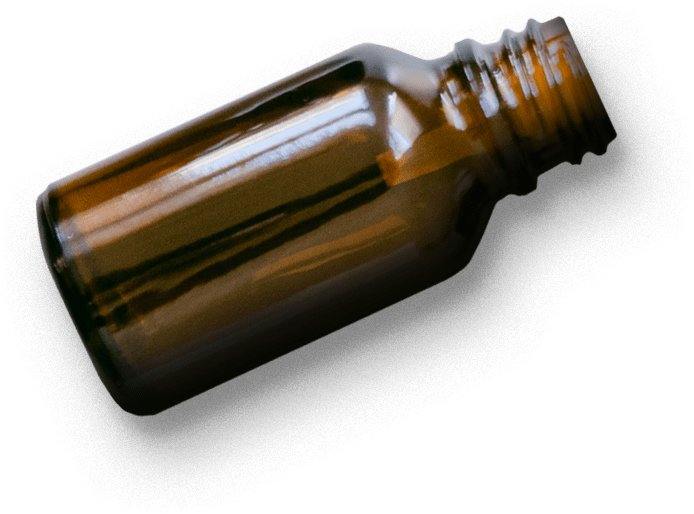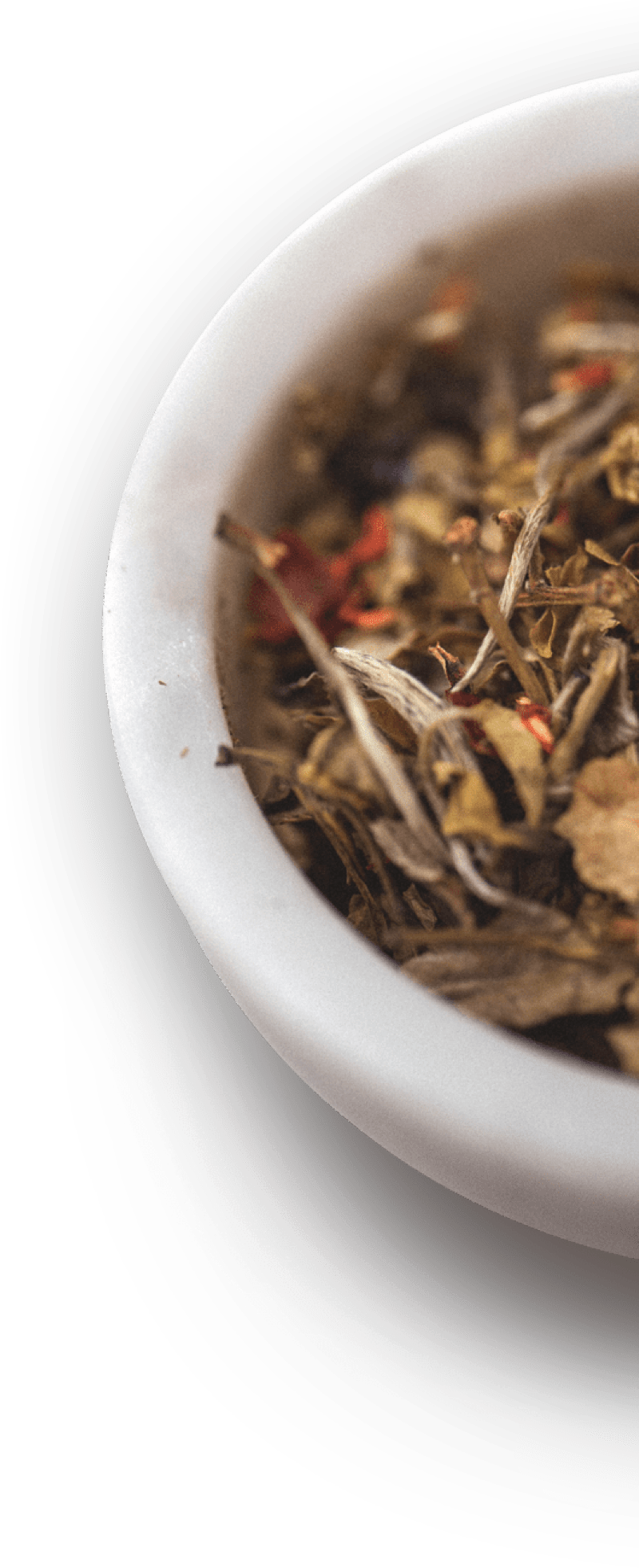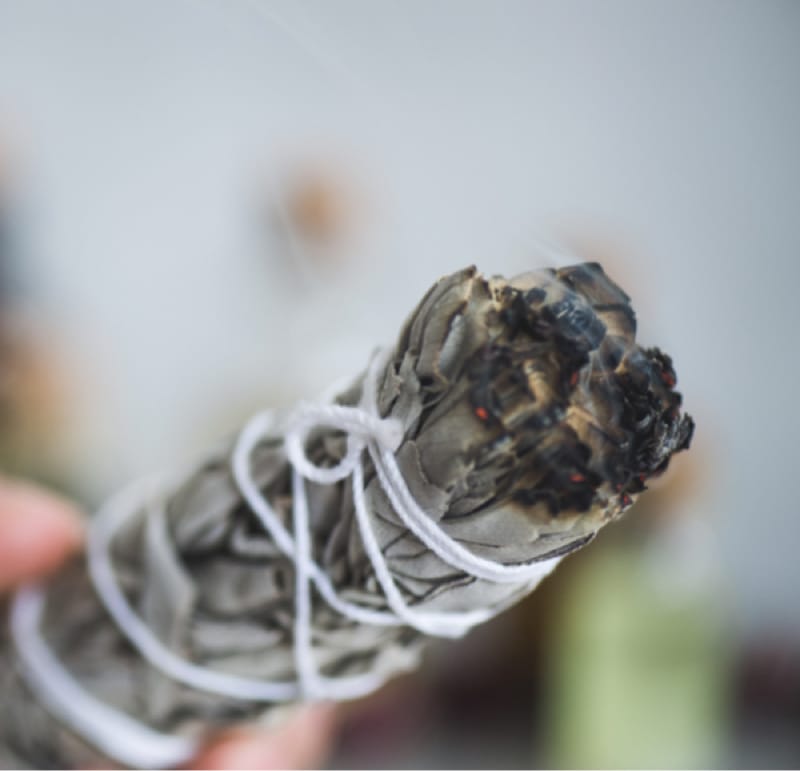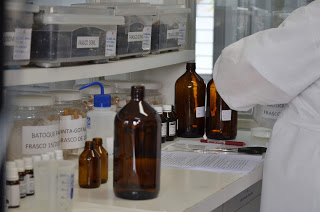
Francine Bittencourt Potrich, Carolina Camargo de Oliveira, Edvaldo Da Silva Trindade –Federal University of Paraná
Our research team at Federal University have studied in vitro and in vivo cancer cells treated with homeopathy in the last 20 years. After using different products and analyzing the different results carefully, we arrived at two complexes produced with homeopathic techniques, coded as M1 and M8. The results obtained using these two products were surprising and some were even published in scientific journals with good impact.
Melanoma is a highly metastatic skin cancer type. Conventional chemotherapy drugs currently in used are of limited value, thus more effective therapies are needed. This work aimed at investigation and elucidation of possible changes in tumor cell features triggered by highly diluted natural complex (M1 and M8) in vitro treatment using melanoma cells.
For this several parameters were analyzed, focusing on possible changes in mRNA expression of invasion related proteins, migration and proliferation; and evaluation of reactive species; melanogenesis and multidrug resistance mechanism. Finally, glycoconjugates evaluation was performed.
The results clearly demonstrated that M1 and M8 treatment accounts to reduction in metastasis related features important by decreasing metaloproteases gene expression (MT1-MMP, MMP-2 and MMP-9), and your gelatinase activity, as well as cell migration. The latter was, possibly due to increased reactive oxygen (ROS), release of nitric oxide (NO) and reduction intracellular NO. Interestingly this effect was accompanied by melanin synthesis reduction and activity and expression reduction of tyrosinase (TYR), as well as TYRP-1, TYRP-2 and MITF expression. Finally, was observed reduction of drugs resistance mechanism (ABC transporters). As for glycoconjugates, there was a clear reduction in the secretion of hyaluronic acid and the gene expression of hyaluronidases. Still, it was evident the reduction of gene expression of proteoglycans and heparan sulfate enzymes modifiers. Taken together these findings suggest that metastatic phenotypic characteristics are modified by M1 and M8 treatment, justifying previous in vitro and in vivo findings.
Thus, these complexes can be considered as promising adjuvant cancer therapy candidates.
Francine Bittencourt Potrich, 2014, PhD thesis

